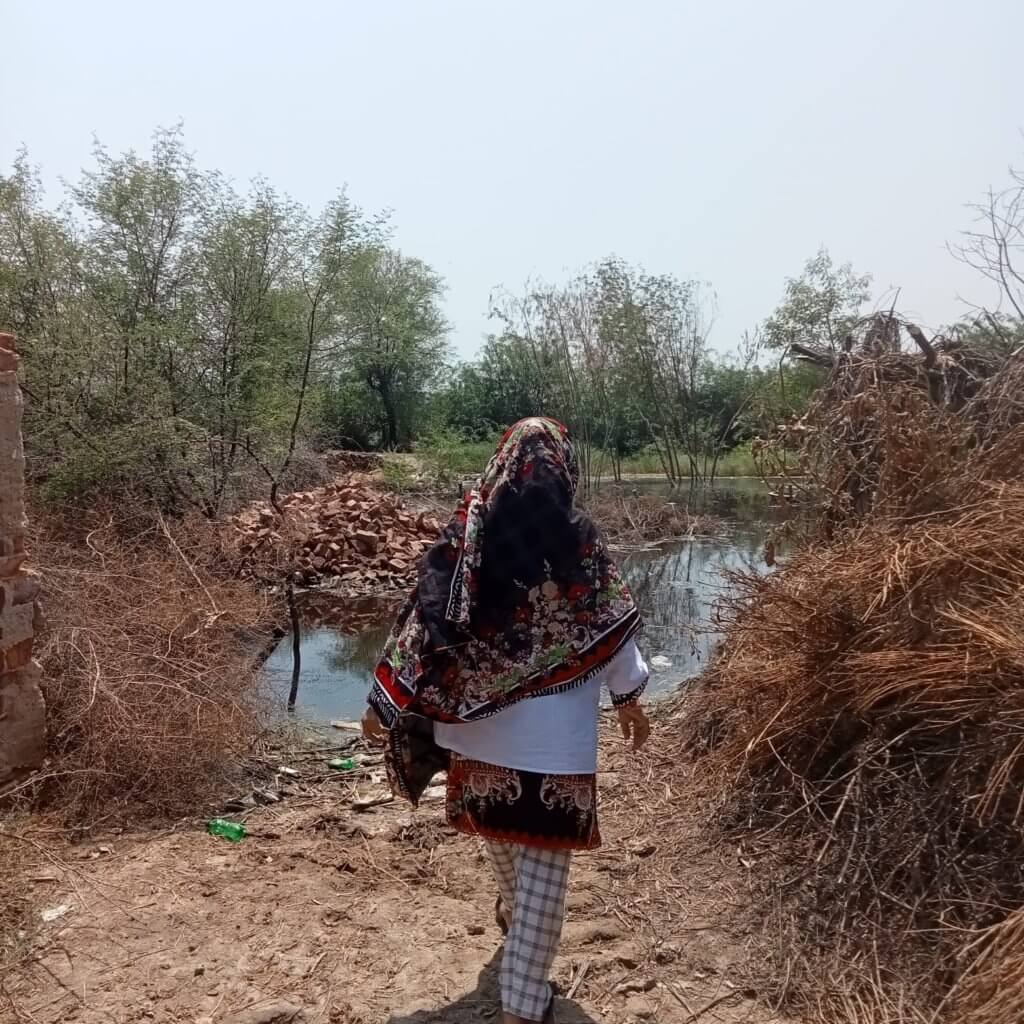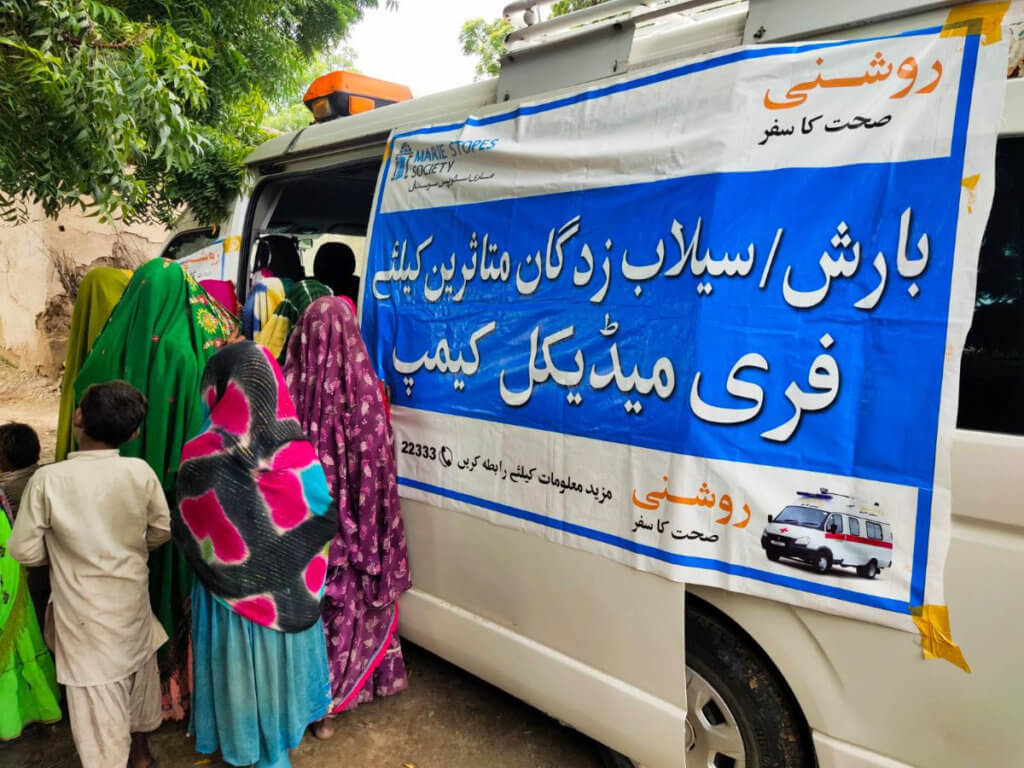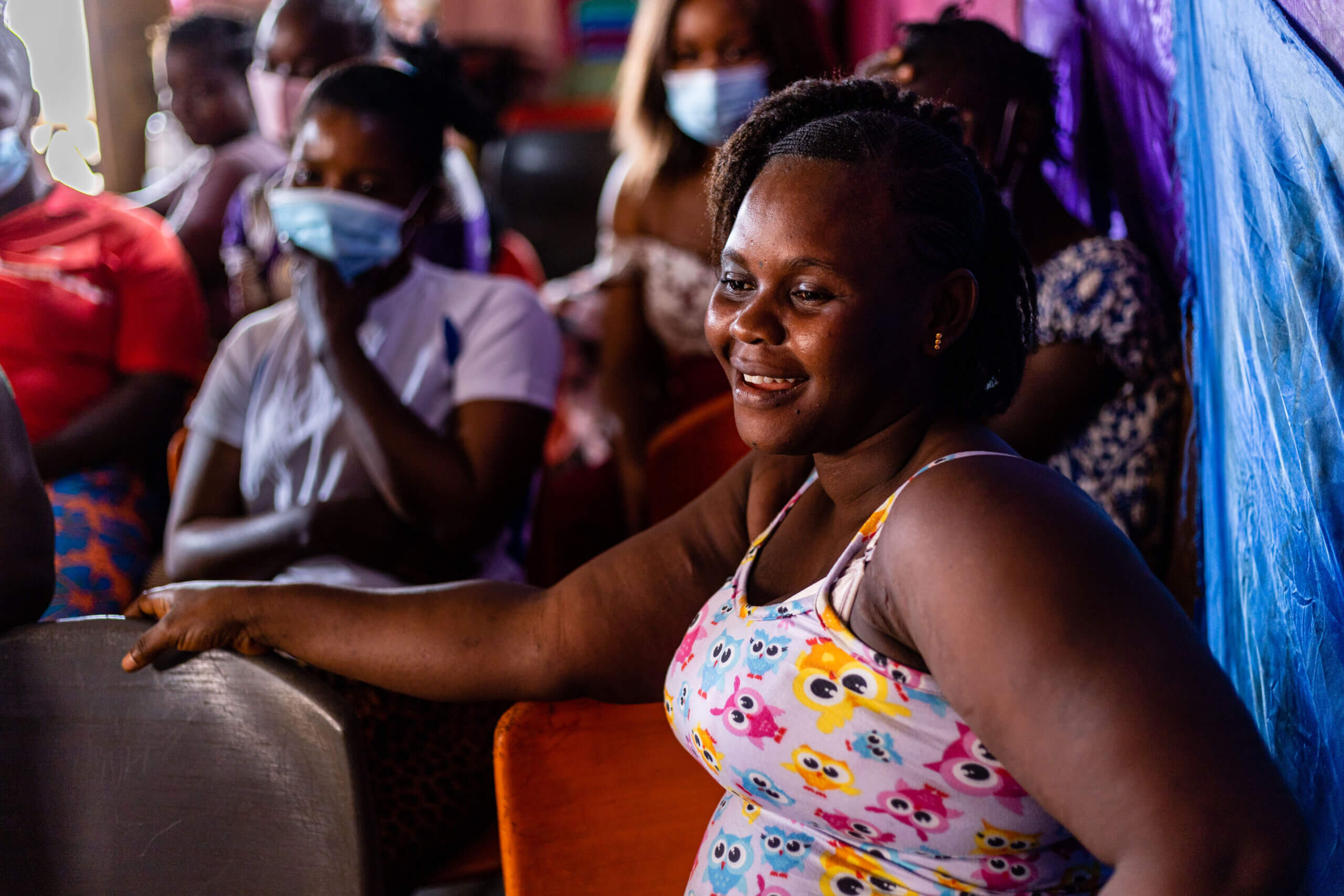Flood relief in Pakistan
Over the past summer, heavy rains caused widespread flooding in Pakistan—and while the rains have stopped, the effects are still being felt. Thirty-three million people have been affected, with more than 1,600 dead and nearly 13,000 injured.
Donor support allows MSI to support sexual and reproductive healthcare in Pakistan through locally registered Marie Stopes Society (MSS). When the flooding began, team members at MSS rushed to help the affected communities. In the months since the floods, they’ve served thousands of clients at outreach camps. They’ve helped couples seeking to avoid pregnancy and pregnant women needing prenatal care. They’ve delivered babies. All in the midst of the ongoing disaster.
Going where we’re needed most
In normal times, donor support helps MSS’s outreach service delivery vans bring contraception services to under-served and far-flung rural communities. They’ve been traveling the country since 2013, bringing trained Lady Health Visitors and other medical professionals to communities with few health facilities.
When the flooding began, the outreach teams adapted quickly and relocated all 15 vans to flood-affected areas in Sindh, Punjab, and KP provinces.

For women and men in these communities, the vans became a crucial lifeline. The teams found people living in alarming conditions, without access to basic health and hygiene supplies that they needed to start rebuilding their lives. One urgent need was safe delivery care: An estimated 650,000 pregnant women were affected by the flood, with nearly 73,000 expected to give birth within the next month. Donor generosity made it possible for MSS’s outreach teams to act fast, providing hundreds of women with pre-natal and post-natal care, distributing delivery kits, and even delivering a baby safely in the back of their van.
“I can’t stop thinking about this woman bringing her baby into the world in the middle of an emergency flood relief camp, having just lost their home, money, everything,” Shahrukh Alam Butt, head of social franchising and outreach, told us.
In addition to reproductive healthcare, MSS’s vans provided basic primary health care such as treatment for waterborne diseases, another urgent need in the wake of the floods.
Providing choice in a disaster
Thousands of clients approached MSS’s vans wanting family planning services. They wanted to avoid pregnancy. Having lost their homes and livelihoods, they couldn’t imagine bringing a child into the world.

Donor support has made contraception available to thousands of clients since the flooding began—and despite the challenges they’ve faced, MSS has continued to offer the full range of methods, from short-term methods like condoms and pills to long-term methods like IUDs. For the women and men who’ve received a contraceptive method, and all the others who’ve been helped, donor generosity has meant the chance to regain a measure of control after a devastating catastrophe.
In times of crisis, choice matters more than ever. Team members at MSS have been affected by the flooding themselves, with many even losing their homes. But they’ve continued to travel to flood-affected communities, because they know that their services make an enormous difference at a truly desperate moment.






